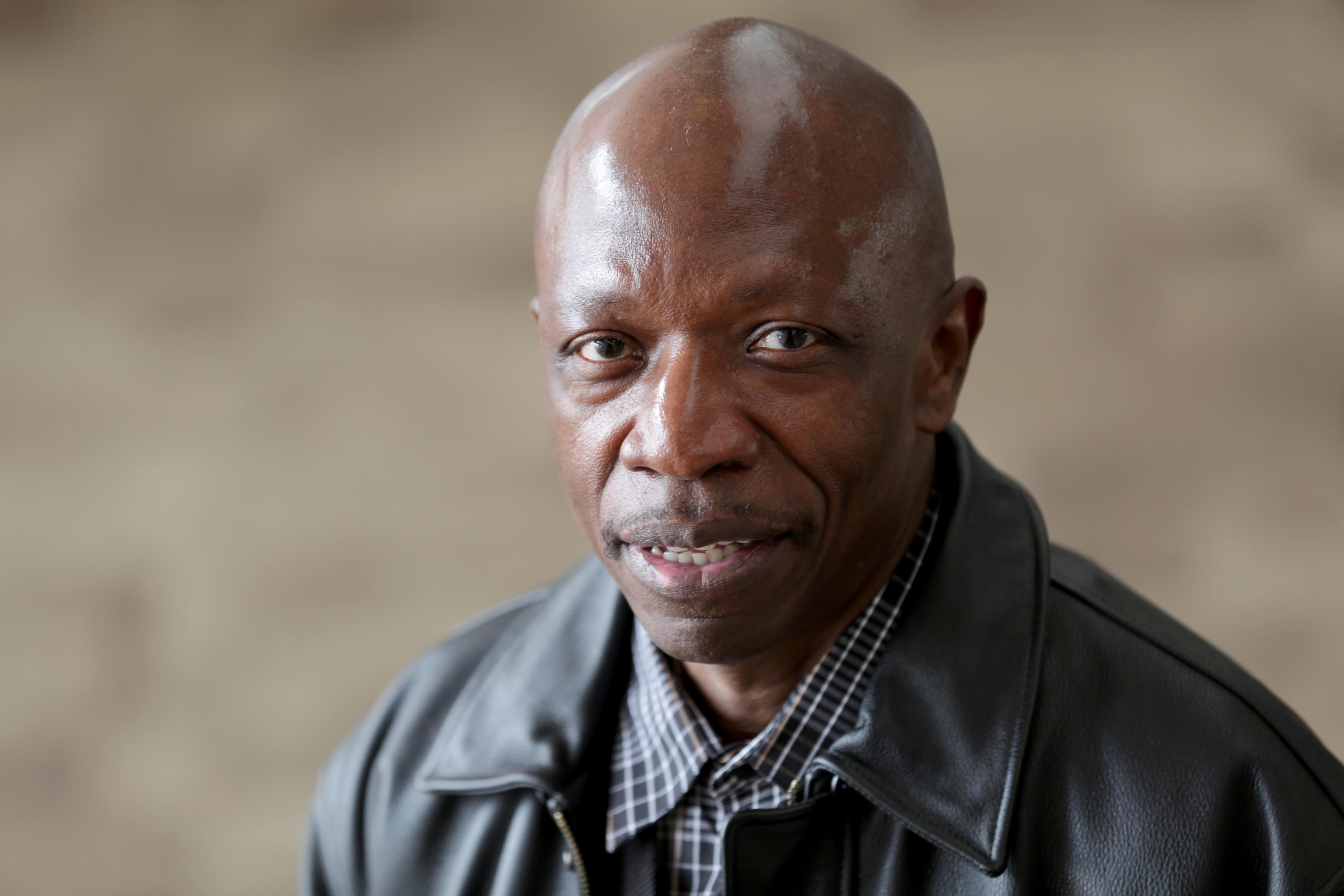

Published 12:42 p.m. | Updated 4:26 p.m.
Colorado Attorney General Phil Weiser announced Thursday that he will not oppose a man’s petition for exoneration after he served nearly 30 years in prison for a crime the man says he did not commit.
Clarence Moses-EL said he was surprised and delighted by the news.
"You could surprise and shock and a host of things, because I woke up this morning with phone calls of good news, so I’ve been in a very pleasant, relaxed state," Moses-EL said.
Moses-EL was sentenced to 48 years in prison after being convicted in a 1987 rape and assault, crimes that Moses-EL has repeatedly denied he committed.
In 2015, Moses-EL was released from prison after a judge granted him a new trial and said her decision was based in part on the confession of another man to the sexual assault. In 2016, a jury acquitted Moses-EL of all crimes in the case.
Weiser’s decision brings the state’s case to an end and allows Moses-EL to receive about $2 million in compensation for the nearly three decades he spent in prison. The Colorado Exoneration Act gives wrongly convicted individuals $70,000 for each year they spent behind bars.
Moses-EL said the funds will help him regain the sense of dignity he had lost.
"That’s another reason why I’m happy, because it allows me to regain a lot of things that meant so much to me, so dear to me, that now having possession of these things again, it makes me feel like a full person," he said.
Former Attorney General Cynthia Coffman argued that Moses-EL’s case did not qualify him for compensation from the state for the wrongful conviction. In November, however, she filed a motion in court to delay a civil lawsuit Moses-EL had filed against the state and in doing so, allowed incoming Attorney General Weiser to make his own determination if the state would stand in the way of his compensation.
In the late 80s, the Denver police destroyed DNA evidence in the case. Moses-EL said the victim falsely identified him as her attacker.
Weiser said at a news conference Thursday that Colorado needs to compensate Moses-EL because it destroyed the DNA evidence that could have exonerated him.
“I am aware of the pain that the victim has endured over the years and that the destruction of DNA evidence prolonged this case unnecessarily,” Weiser said.
Moses-EL is the second person to be exonerated and receive compensation under the 2013 law meant to help ease wrongly convicted individuals back into society, according to a statement released Thursday by one of Moses-EL’s attorneys.
“Mr. Moses-EL is grateful to Attorney General Weiser for working to heal the harm that has been done to him by the State of Colorado,” said Gail Johnson, one of Moses-EL’s lawyers. “Although no amount of money can give Mr. Moses-EL back the half of his life that was lost to the Colorado prison system, this compensation will help him and his family recover from this traumatic ordeal.”
“This is a very important point about DNA evidence. It has this lasting and probative effect, which is why preserving it is important,” Weiser said. “We have to learn from this, to my mind, tragic mistake and action.”
Weiser’s decision resolves the criminal case, but it does not resolve a pending lawsuit Moses-EL filed against the City and County of Denver, the Denver District Attorney’s Office and others.
Erik Klein, another attorney of Moses-EL, said that the compensation from the state is a great start, but the ongoing civil lawsuit resolves a fuller story.
"The state compensation statute really can't even begin to compensate for spending almost three decades in prison for a crime he didn’t commit," Klein said. "We feel that the people who are responsible for that should be held accountable and there should be something to dis-incentive government actors in the future to make sure this doesn’t happen to anybody else."
CPR reporters Hayley Sanchez and Anthony Cotton contributed to this story.








